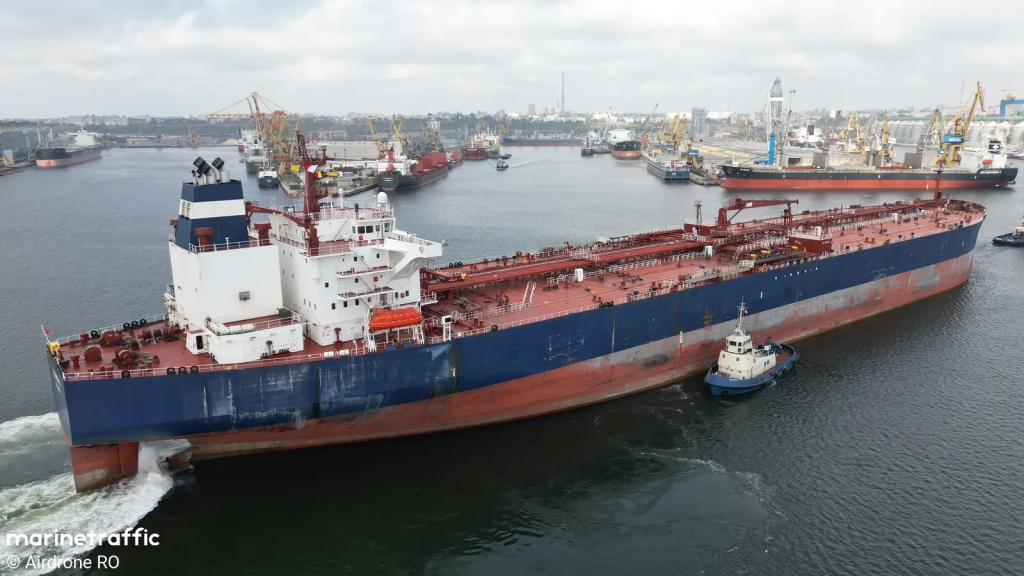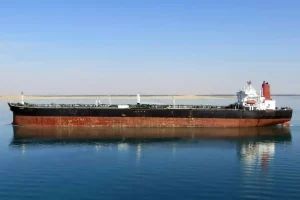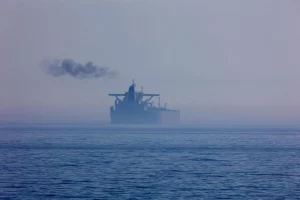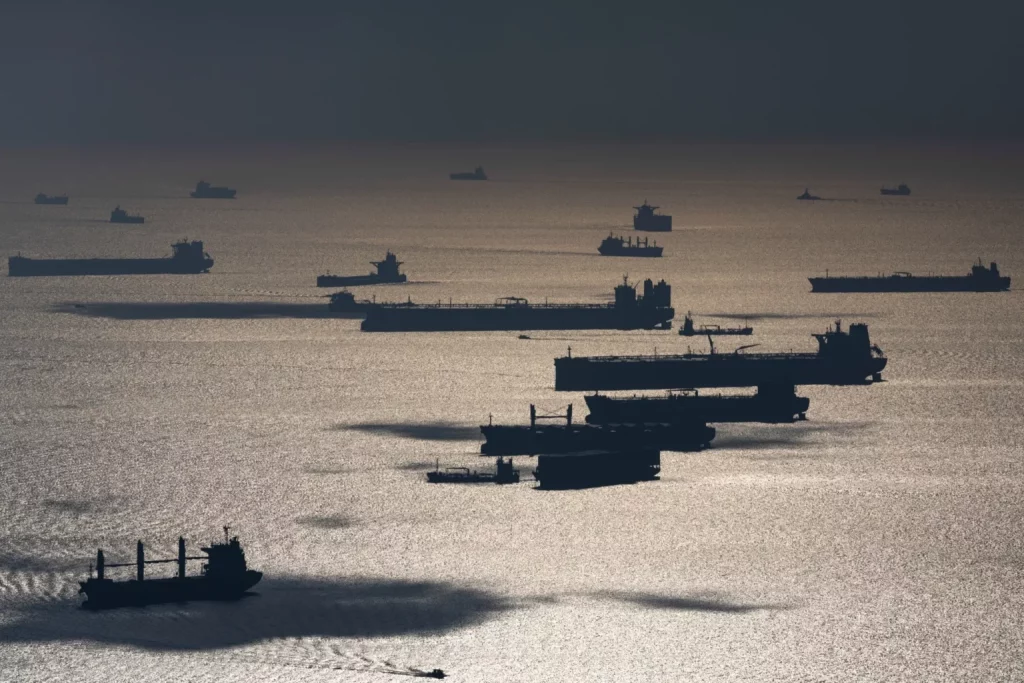“Shadow Fleet” Tanker Passed Through Estonian Waters at Night to Avoid Detention

The oil tanker Marathon from the Russian “shadow fleet” tried to pass unnoticed in the exclusive economic zone of Estonia.
Judging by the ship’s route, it deliberately waited until nighttime to avoid a possible stop and inspection, The The Insider Insider reports.
The Estonian authorities had reason to do so — the tanker did not have a valid registration, the publication found out together with Starboard Maritime Intelligence. Earlier, Estonia detained the tanker Kiwala and tried to stop the vessel Jaguar — both belonging to the Russian “shadow fleet.”
The tanker Marathon passed through the Baltic Sea from June 11 to 13. Before entering the Estonian EEZ, the ship slowed down significantly for about 28 hours, after which it quickly crossed the borders of the Estonian economic zone before dawn — at about 4 a.m. (UTC) on June 13.
The Marathon passed through the Estonian economic zone without anchoring, heading directly towards Russia. During the transit, neither the boarding nor the presence of Estonian escorts was observed.
As Mark Douglas, an analyst in the field of maritime situational awareness at Starboard Maritime Intelligence, explained to The Insider, the ship’s approach to Estonia should have taken no more than four hours, and such behavior indicates that the ship’s crew tried to minimize its stay in Estonian waters during the daytime, when local authorities could board or observe the tanker from the air. At night, boarding ships is usually associated with great risks due to poor visibility and danger to boarding teams. At this time of day, there is also a higher risk of making a mistake, which could have serious diplomatic consequences.
At the same time, the tanker did not accelerate where ships usually stop earlier (for example, near Tallinn): the crew rather calculated the time than hoped to simply quickly “slip through” Estonian waters.
At the same time, the expert notes, Tallinn formally had the right to stop the tanker. The ship’s AIS broadcast data that the Marathon was sailing under the flag of Cameroon. However, after the ship was added to the EU sanctions lists, it lost its registration in Djibouti and at that time was actually without a flag. Formally, this is one of the conditions that allows boarding in accordance with international law.
“The choice of time by the Marathon vessel convincingly indicates that it sought to avoid even the possibility of a legal boarding, making a transit at night and not raising anchor. In fact, [the crew] removed the window for legal action,” says Douglas.
In the past two months, this is the fourth such case when a tanker enters the Baltic Sea without any registration.
On April 11, Estonia detained the “Kiwala” tanker, which is part of the Russian “shadow fleet”. The vessel sailed under the flag of Djibouti, but it turned out that the tanker is not in any register. On April 26, the tanker was released after 40 problems were fixed.
On May 14, Estonian authorities attempted to detain the “Jaguar”, which is also part of the Russian “shadow fleet.” As with the Kiwala, the tanker was flying without a flag. On May 24, an unregistered tanker, the Falcon, reappeared in the Baltic Sea. Its behavior also indicated that it belonged to the Russian “shadow fleet.”





